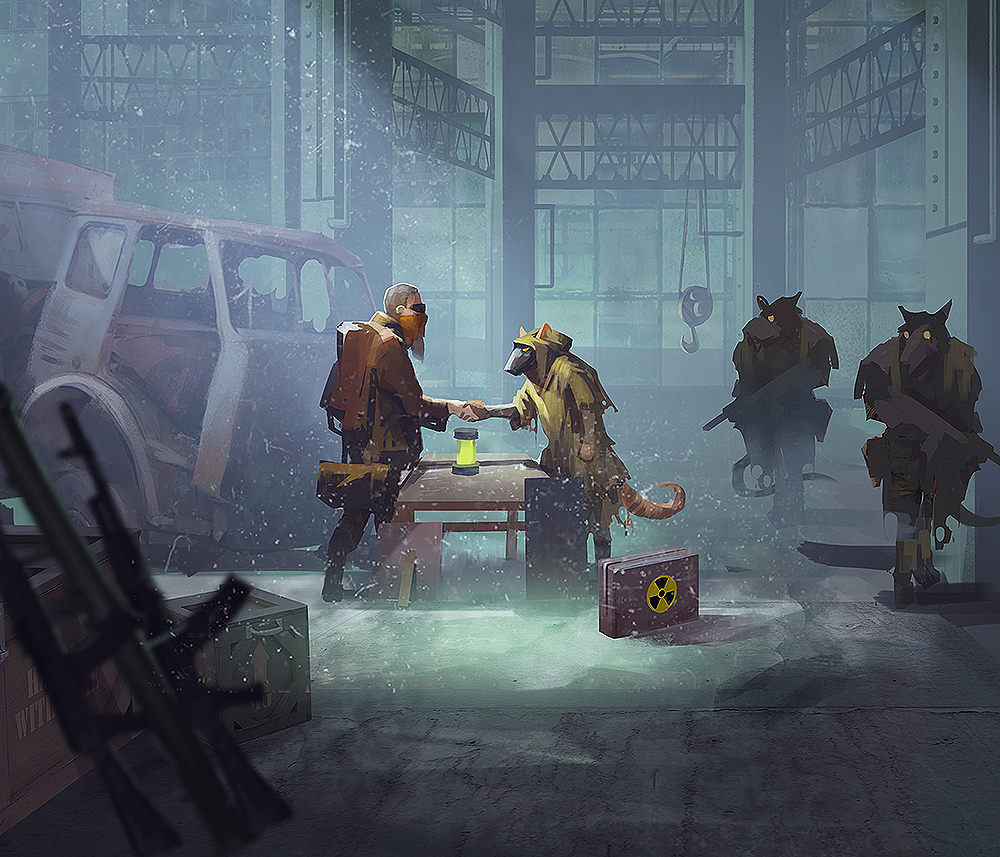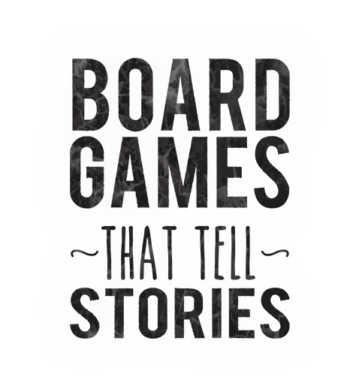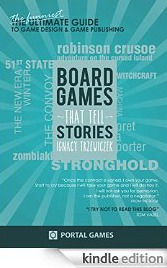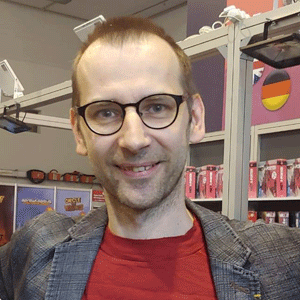Detective inspired RPG

This is generally an exciting wheel of time. When I designed the Detective game, I used all of my 30 years of experience in RPG games. I managed to create a board game that is very close to what RPGs are. It offers just as exciting, engaging an experience but does not require a Dungeon Master. Two years ago, when we played Detective again and I saw how much players enjoyed it, it hit me like a bolt of lightning – I can reverse this! Just as RPGs improved Detective and gave it a lot of solutions and ideas, I can have fun the other way around – take a few solutions from Detective and introduce them into my RPG sessions. This twist changed the style in which I currently run RPG sessions.
I have to admit to my biggest weakness as a Dungeon Master. I can’t improvise. When players come up with an idea that surprises me, and I have to come up with something on the spot, I feel very uncomfortable with it. I’m a perfectionist in this regard – I like when the scenes, meetings, NPCs that appear during the session were previously prepared, thought through, and nicely presented.
And I’ve been running RPGs for 30 years, and players always go along. Walking into a settlement, they ignore the castle on the hill, the mysterious ruins in the forest, and the legend of the sanctuary. They insist on going to the blacksmith, who I accidentally mentioned, and now I have to improvise him because, for them, the blacksmith is the most important.
RPG sessions on Detective mechanics are a cure for all that evil. In the introduction to the scenario, in the first minutes of the adventure, when I present the players with the situation, I inform them of the available encounters. You have arrived at the settlement. You can go to the castle, visit the ruins, or learn more about the legends related to the sanctuary. What do you do?
And you know what they do? They talk. They debate. They think. From this classic RPG amoeba, from this sprawling, lifeless open world, from this world where you can do anything, which means you can do nothing, something completely different is born – choices are born! And choices, my friend, mean emotions and debate.
Let’s go to the castle; it’s time to greet the count.
No, let’s talk to the villagers about those legends; it’s better to know more.
There’s no bullshitting about going to the tavern or that they wanted to buy healing herbs from the herbalist or that he is a bard, so he pulls out his guitar and plays in the middle of the village.
Here’s the adventure; here are your awesome options; where do you want to go – the castle, the ruins, or the legends?
When they choose one of the options, they get an awesome scene because I have already arranged it in my head, because I prepared for it, because I didn’t have to make it up on the fly. They visited the castle, talked to the count, and learned this and that. They got new options – accept the count’s invitation for a joint hunt or meet with the count’s advisor, a local astrologer.
Here are your updated options:
- ruins in the forest
- villagers about legends
- hunting with the count
- chatting with the astrologer
Each is interesting. Each is well prepared. The players debate, argue and wonder where something exciting or essential for the plot will happen. One convinces to go hunting because something is bound to happen there. The other insists on talking to the villagers. It’s awesome.
Detective mechanics – after each scene, offering players previously prepared, pre-made options kills open world in RPG, but in exchange gives an excellent range of pre-constructed encounters and moments during the session – because each of them is a well-thought-out, cool scene.
And that’s not all. Detective mechanics brings much more. But I’ll talk about that next week!


 I strongly believe that good board game is the one that tells a good story. You play it and suddenly you are sucked into it, you feel chills on the skin. Emotions grow. In a moment you defend castle. You hear roar of warriors. You smell boiling oil. You are into it.
That's how I design my games. I always want to tell a good story. I want players to be into it. As deep as possible.
I strongly believe that good board game is the one that tells a good story. You play it and suddenly you are sucked into it, you feel chills on the skin. Emotions grow. In a moment you defend castle. You hear roar of warriors. You smell boiling oil. You are into it.
That's how I design my games. I always want to tell a good story. I want players to be into it. As deep as possible.




We mostly play published adventures these days, and I think most of them, especially the good ones, do this to some extent. Not the least the Blade Runner Starter Set was a great example of this. I don’t know why the „free open world” mantra is so strong online, just because you have places to go doesn’t mean you don’t have freedom to do stuff.
Walking around and randomly bumping into things is not nearly as fun as playing the heroes of a book, a book that is mostly unwritten but you are there to make it a great epic book within the framework of a story.
Now I’d also like a Detective RPG using the Antares database so we can switch between the board games and the RPG. 😉